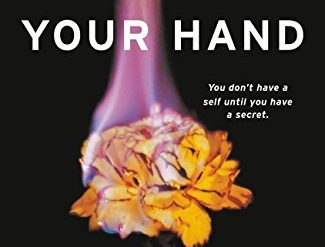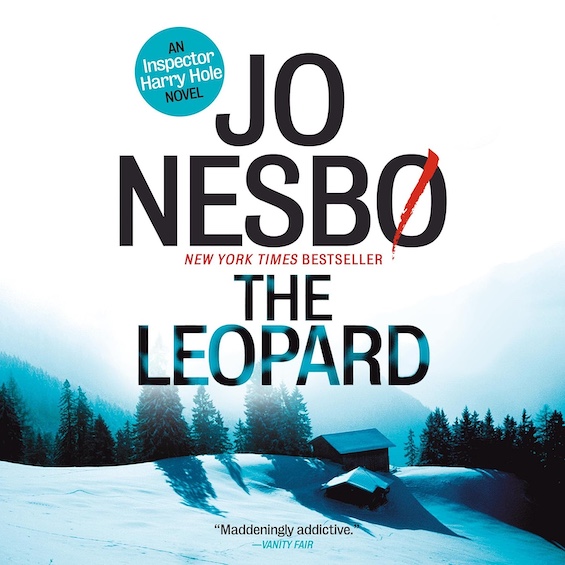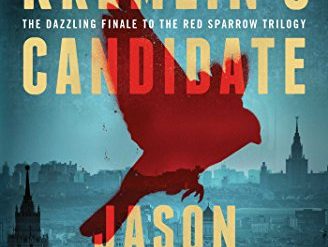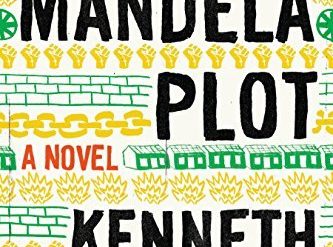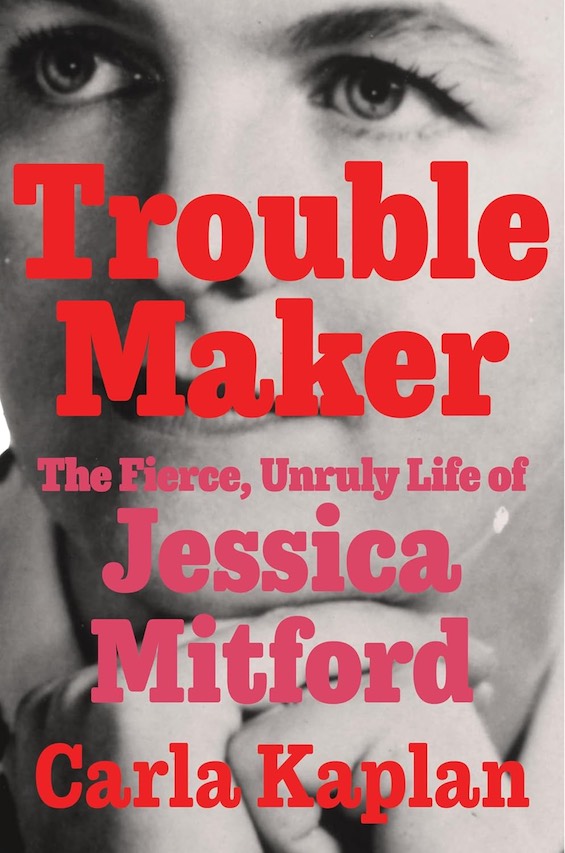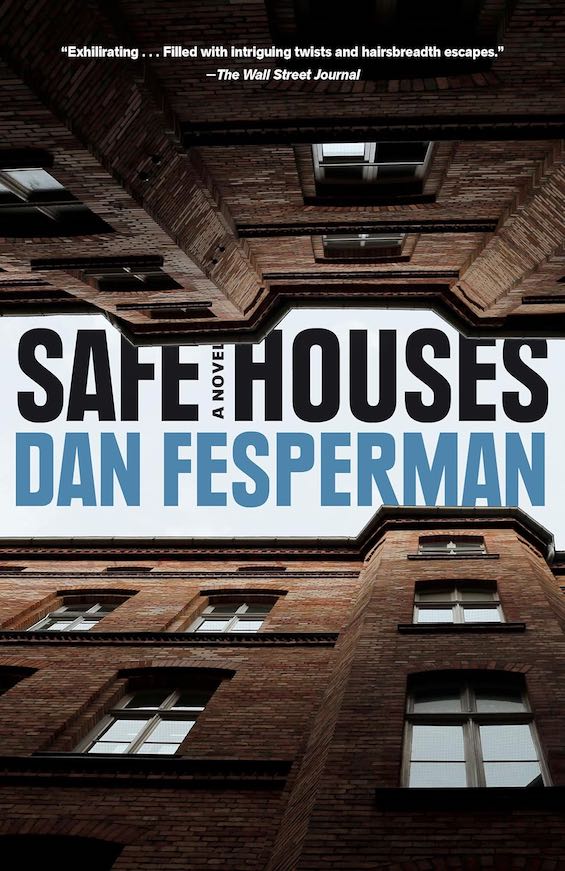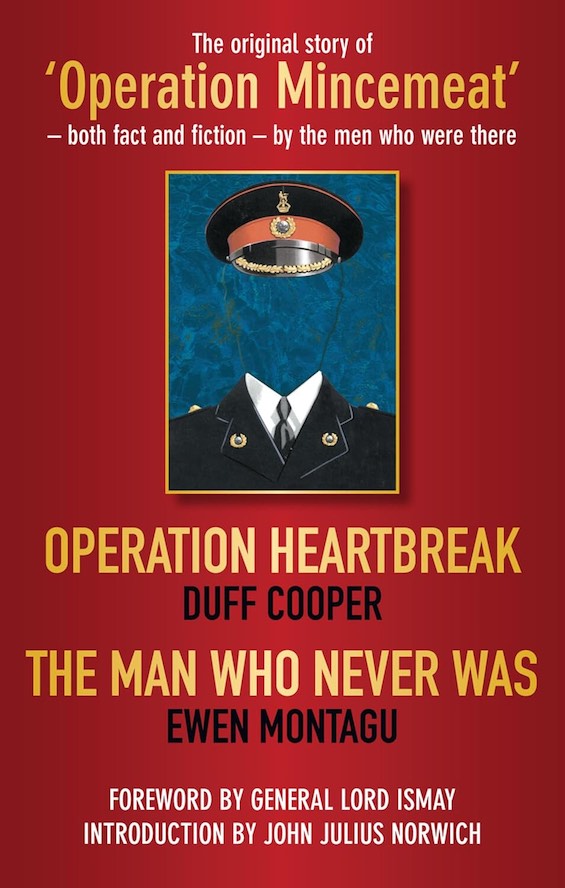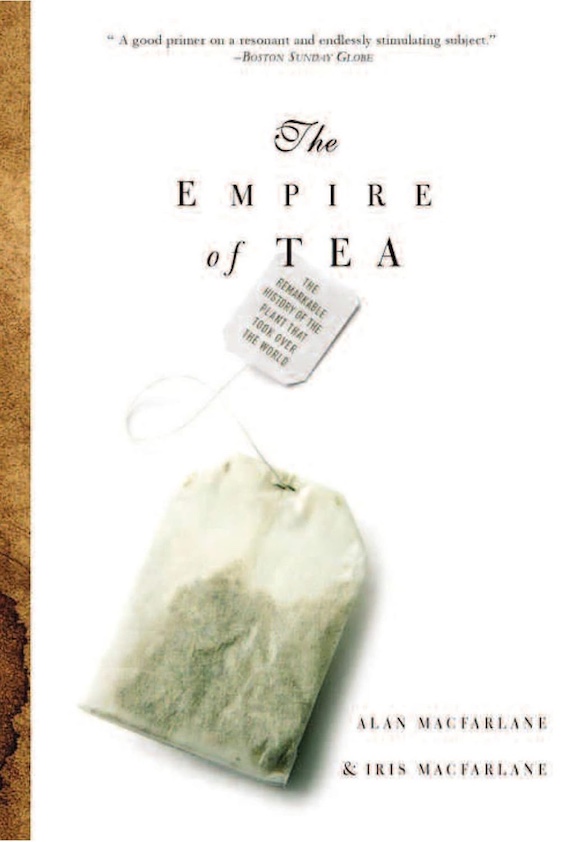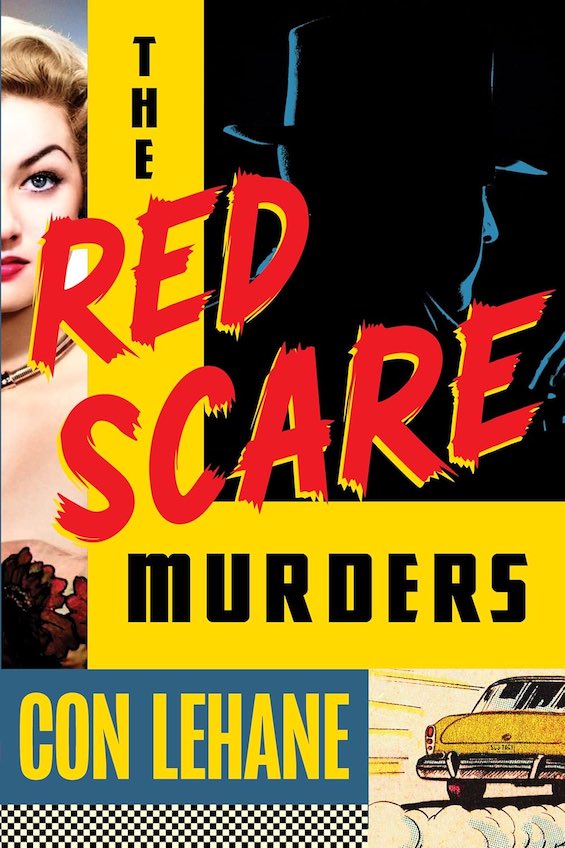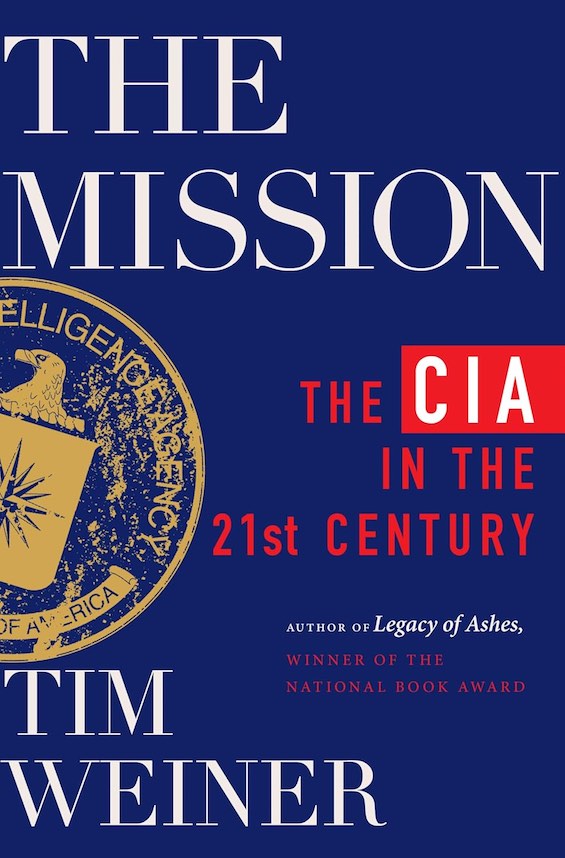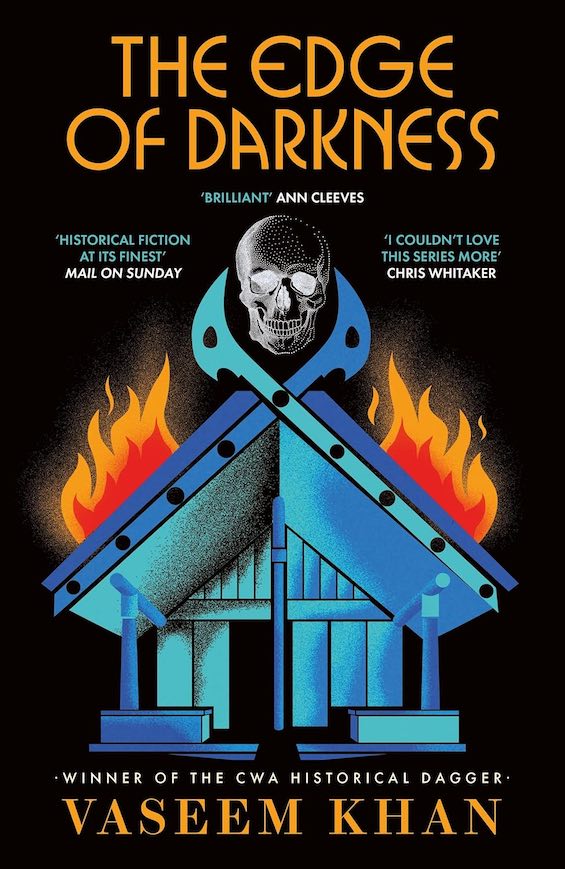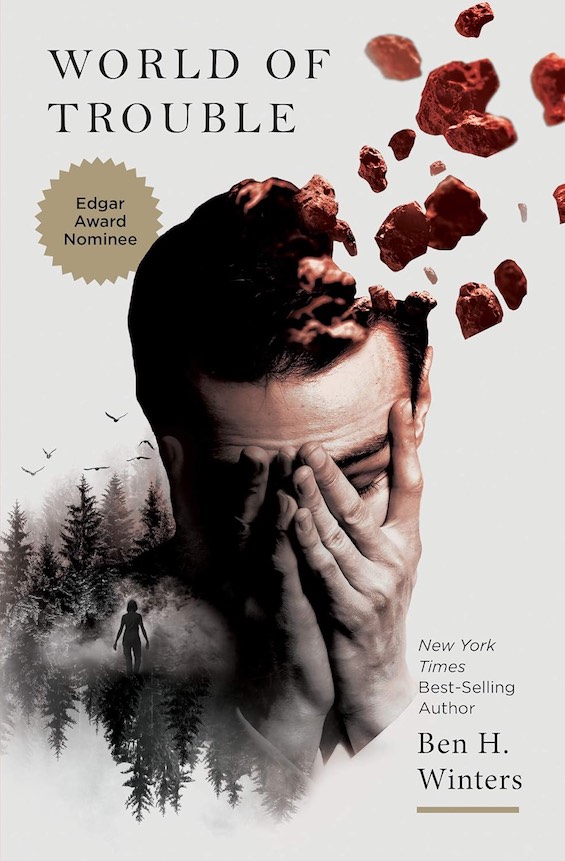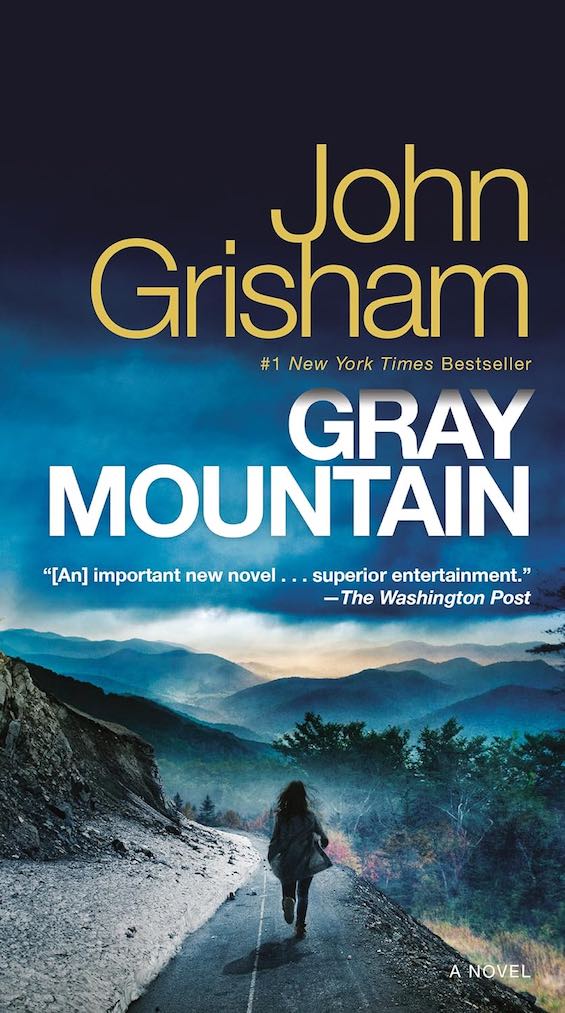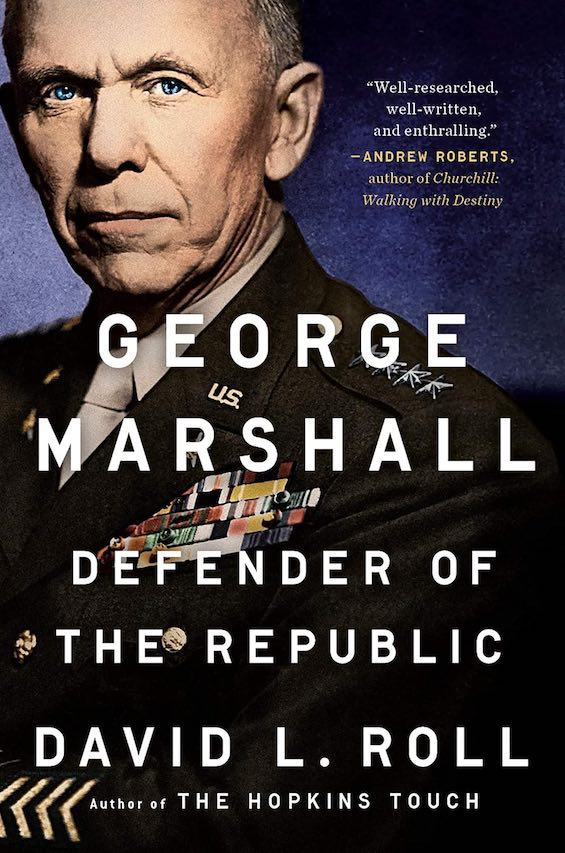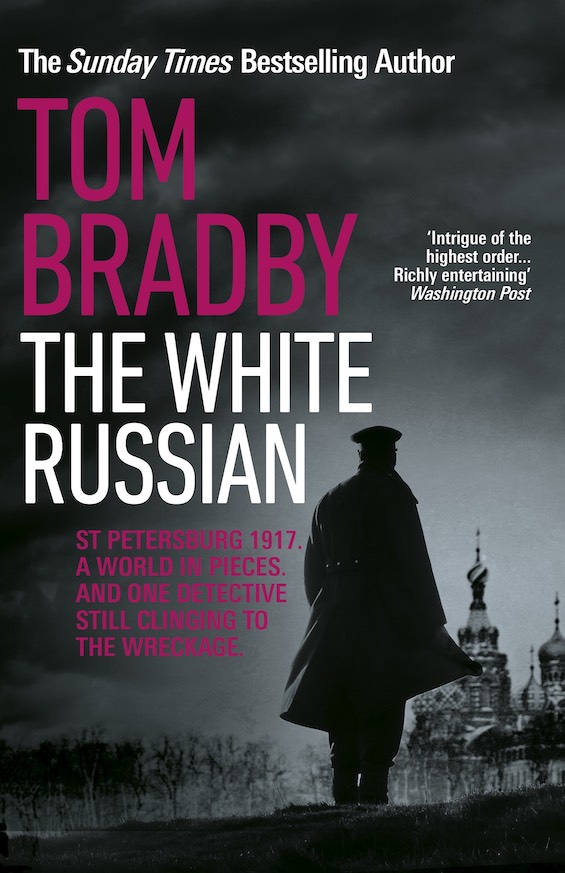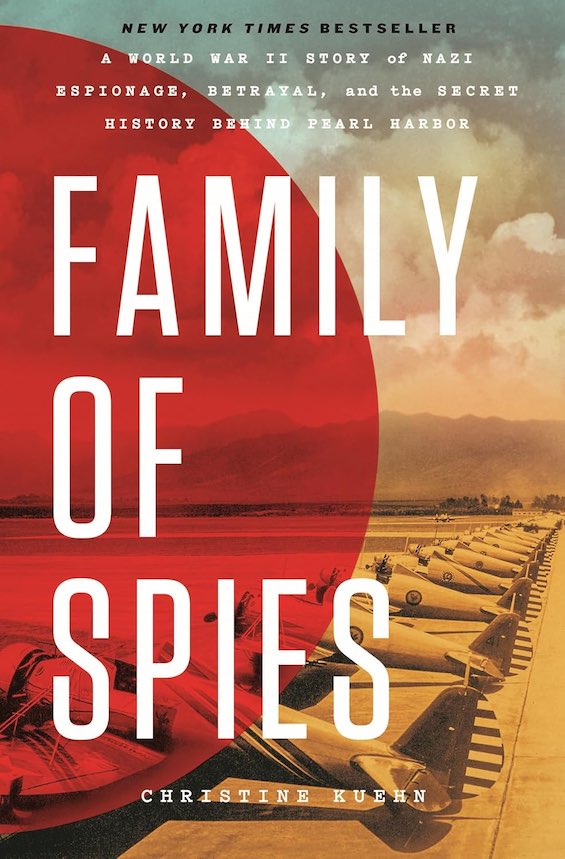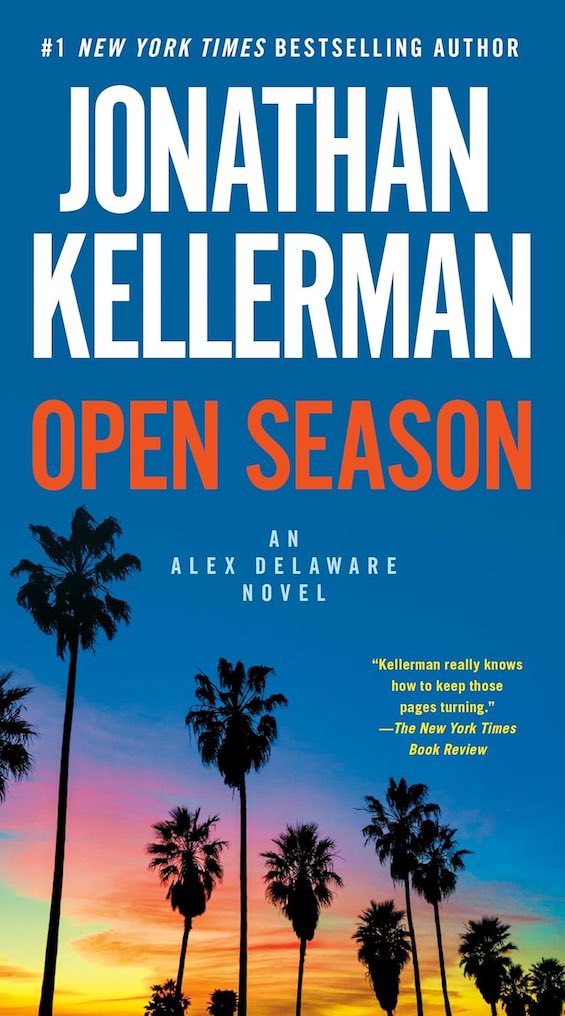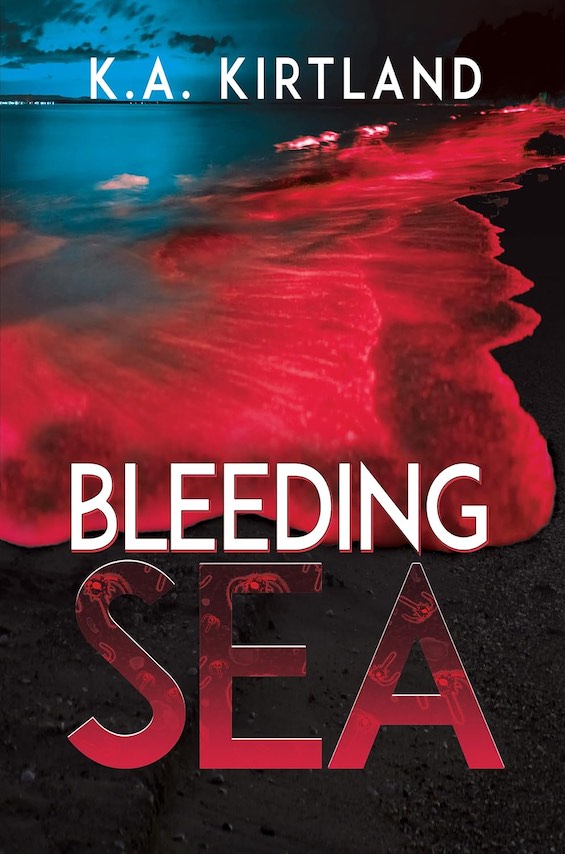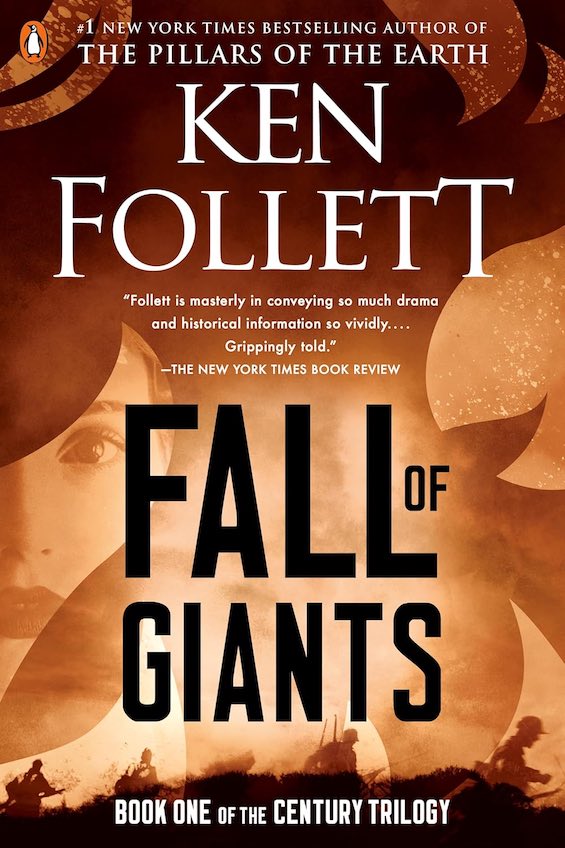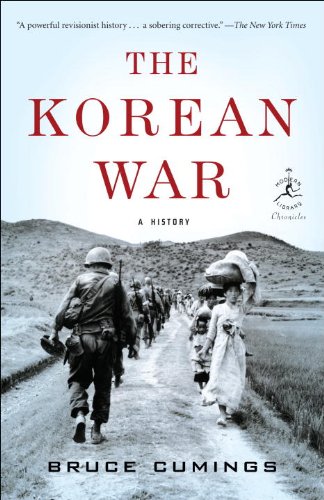Since the publication in 1981 of Gorky Park, Martin Cruz Smith has traced the evolution of the country then known as the Union of Soviet Socialist Republics from the time of Leonid Brezhnev to its current state under Vladimir Putin through 11 novels featuring detective Arkady Renko. Now, in the eleventh and final book in the series, Cruz Smith brings Renko’s story up to the early days of the Russian invasion of Ukraine. Ailing now with Parkinson’s Disease, Renko takes on a difficult case involving the murder of a senior Russian defense official in Hotel Ukraine.
A surreal conversation opens the story
Demonstrators are rushing into the streets of Moscow to protest the news of Russia’s invasion of Ukraine, and Arkady’s adopted son Zhenya is prominent among them. Like so many others, he is shouting the slogan, “Down with the war.” Then the police sweep in and snatch him. Witnessing the arrest, Arkady accompanies him to the jail. There, he takes part in a surreal conversation with a police official.
“You are charged with the use of illegal language,” the official says to Zhenya.
“Which bit of this is illegal?” Arkady asks.
“The final word.”
“I’m not allowed to use the word ‘war’?” asks Zhenya.
“Exactly.”
“If he can’t say ‘war,’ Arkady asked, “what can he say?”
“Special military operation.”
So it goes in Putin’s Russia today.
Hotel Ukraine (Arkady Renko #11 of 11) by Martin Cruz Smith (2025) 288 pages ★★★★☆
A potentially explosive investigation
Back in his office, he learns from his boss, Prosecutor General Zurin, that someone has murdered Alexei Kazasky, the deputy minister of defense. (“Because his father was a decorated general, Arkady could have been a deputy minister himself by now if only he had played the game.”) The minister’s body was found in a suite in the Hotel Ukraine. As Arkady discovers on site, the man had been savagely mutilated. And the murderer or murderers had painted on the wall in Kazasky’s blood the number 2. As readers of crime fiction, we know of course that this will prove to be a pivotal clue.
The case is potentially explosive, so Arkady is unsurprised to learn that the FSB is conducting an investigation parallel to his. And in short order, the internal security agency announces the arrest of the minister’s murderer. But Arkady knows their suspect is not the killer. The arrest merely reflects the way things are done in Russia today. It’s not Arkady’s way, though. “Arkady had never been able to bring himself to believe in the rationale that underpinned the city’s police policy: this specific suspect may not have committed this specific crime, but he’s bound to have committed others we haven’t pinned on him, and even if he hasn’t, he’s bound to commit some in the future, so let’s lock him up because it will all even itself out in the long run anyway.”
But even Arkady has underestimated how very great are the implications of the crime. As his work proceeds, he discovers that dark forces are at work. And the minister’s murder is merely a hint of what is to come.
On a personal note
In the summer of 1965 I visited the Soviet Union for two weeks in the course of extended travels through Eastern Europe, Scandinavia, and the nations of Western Europe. I stayed in the Hotel Ukraine—the Ukraina, in its Russian spelling. It’s the tallest hotel in Europe at 34 stories and today includes 505 rooms, 38 apartments, and five restaurants. The Ukraina is a prime example of Stalinist architecture. Construction started before the dictator’s death in 1953, but the hotel opened only in 1957. So it was relatively new in 1965 and the most luxurious accommodations then available in the USSR. I found it singularly uncomfortable, in part because I was constantly under surveillance from the stout, humorless woman who managed the floor. And when I complained that someone had stolen a tube of medicinal ointment from my room, I learned that “There is no crime in the Soviet Union.” She did not appreciate my laughing response.
About the author
Martin Cruz Smith (1942-2025) wrote 33 books under a variety of pseudonyms, 18 of them before he launched the Arkady Renko series with the breakthrough bestseller Gorky Park. He was born born Martin William Smith but changed his middle name to Cruz, his paternal grandmother’s surname. (The new name also accurately reflected his complex ethnic heritage, as his mother was an American Indian of Pueblo descent.)
Smith earned a BA in creative writing from the University of Pennsylvania and worked as a journalist for several years. He turned to writing fiction in the 1970s. He lived with his family in San Rafael, California, and died there in 2025 of complications from Parkinson’s Disease. (Parkinson’s afflicts his hero, Arkady Renko, as well. It figures in the story in a major way.)
For related reading
For an informative obituary of the author, see “Martin Cruz Smith, Best-Selling Author of ‘Gorky Park,’ Dies at 82” by Adam Nossiter (New York Times, July 16, 2025).
I’ve also reviewed five other novels in this series. (I read the earlier books before I began posting reviews.)
- Wolves Eat Dogs – Arkady Renko #5 of 11 (What really happened at Chernobyl)
- Stalin’s Ghost – Arkady Renko #6 (Arkady Renko battles Stalin’s ghost in this gripping detective thriller)
- Three Stations – Arkady Renko #7 of 11 (A detective inside Russia under Vladimir Putin)
- Tatiana – Arkady Renko #8 of 11 (A crusading Russian journalist and the Mafia)
- The Siberian Dilemma – Arkady Renko #9 of 11 (Arkady Renko in Siberia: bears, billionaires, and death)
- Independence Square – Arkady Renko #10 of 11 (Arkady Renko in Ukraine)
I’ve also reviewed December 6 (A standalone novel from the author of the Arkady Renko stories).
You might also enjoy my posts:
- Top 10 mystery and thriller series
- 20 excellent standalone mysteries and thrillers
- 30 outstanding detective series from around the world
- Top 20 suspenseful detective novels
- Top 10 historical mysteries and thrillers
And you can always find the most popular of my 2,300 reviews, and the most recent ones, on the Home Page.





